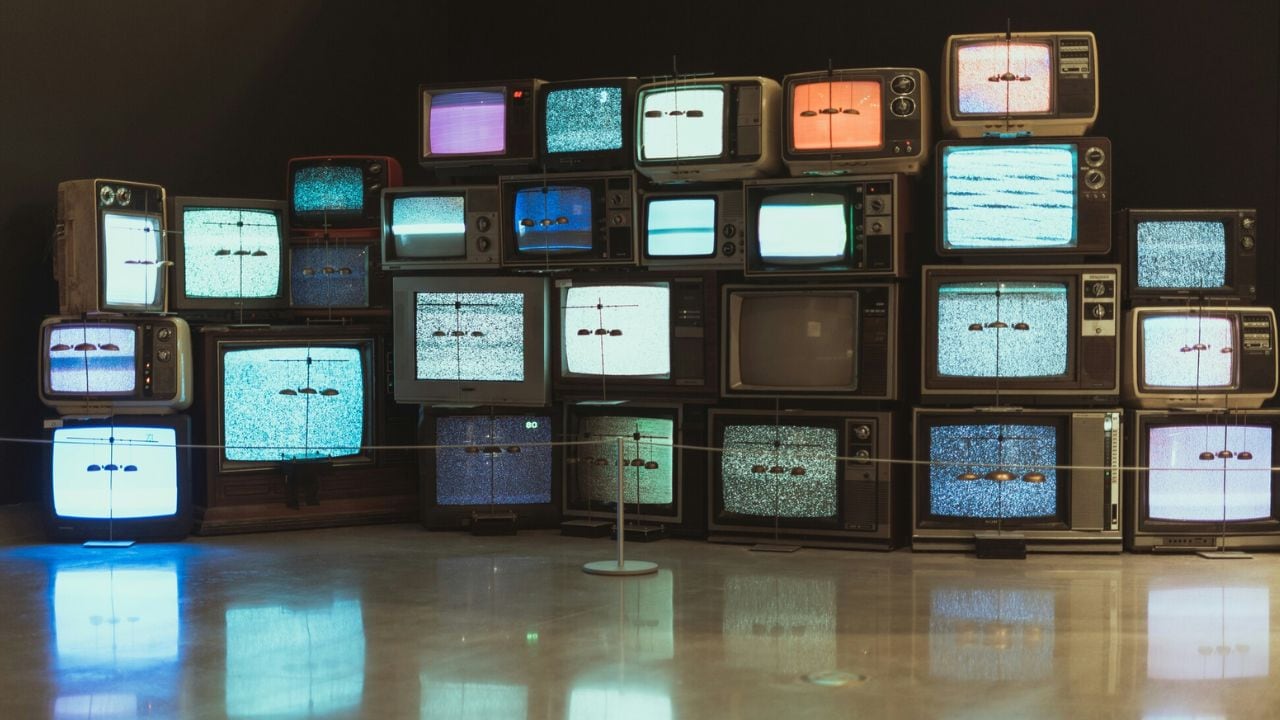The Broadcasting Services (Regulation) Bill, 2024, which has been dubbed as a measure to regulate all current forms of broadcast, includes a provision in its second draft that allows the government to conduct inspections without prior permission or notification on broadcasting networks, broadcasting service providers, and other entities covered by the bill, such as content creators, among others.
Storyboard18 reviewed the second version of the proposed Broadcast Bill, consisting of 49 pages. The draft outlines the government’s authority to conduct inspections on broadcasting networks and broadcasting services. It states that the inspection officer will have the right to carry out inspections without prior permission or notification. Upon the direction of the inspection officer, the broadcasting network or broadcasting services will provide the required equipment, services, and facilities for inspection.
The draft mentions, “No prior permission or intimation shall be required to exercise the right of the inspecting officer to carry out such inspection.”
The government may not give reasonable notice in certain cases where they believe it could compromise the investigation or inspections.
According to the draft, the government can also seize and confiscate equipment belonging to cable, radio, or any broadcasting network or service if the authorized officer has reason to believe there has been a violation of the law, rules, or guidelines.
The bill’s draft further mentions that the Central Government can prohibit any broadcasting services or network operators to protect public interest. It should be noted that OTT platforms are also included under the scope of the Broadcast Bill. Moreover, the Central Government can take necessary actions that may impact public order or the display of obscene content, among other concerns. The government can regulate and prohibit such television channels or programs on any broadcasting network or service.
A senior industry leader, speaking on the condition of anonymity, said, “The draft of the Broadcast Bill is just overlapping another law. The broader terms need to be defined accordingly to ensure further streamlining.”
Additionally, the draft broadly outlines penalties for violations by broadcasters or service providers. Failing to maintain accurate and updated records of subscriber data, including the number of subscribers, will result in a fine of Rs 50 Lakhs for the first offense and Rs 2.5 crore for repeated offenses within three years.
Any party that falls under the scope of the Broadcast Bill and violates guidelines related to the Programme Code or Advertisement Code can face a penalty of Rs 20,000, which can extend up to Rs 1,00,000 for repeated violations.
